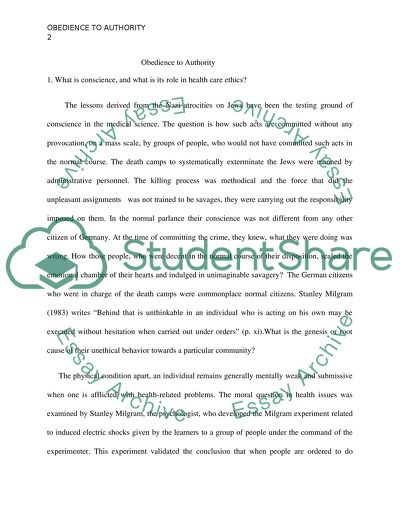Cite this document
(“Book review/ Obedience to Authority Report/Review”, n.d.)
Retrieved from https://studentshare.org/religion-and-theology/1625980-book-review-obedience-to-authority
Retrieved from https://studentshare.org/religion-and-theology/1625980-book-review-obedience-to-authority
(Book Review/ Obedience to Authority Report/Review)
https://studentshare.org/religion-and-theology/1625980-book-review-obedience-to-authority.
https://studentshare.org/religion-and-theology/1625980-book-review-obedience-to-authority.
“Book Review/ Obedience to Authority Report/Review”, n.d. https://studentshare.org/religion-and-theology/1625980-book-review-obedience-to-authority.


